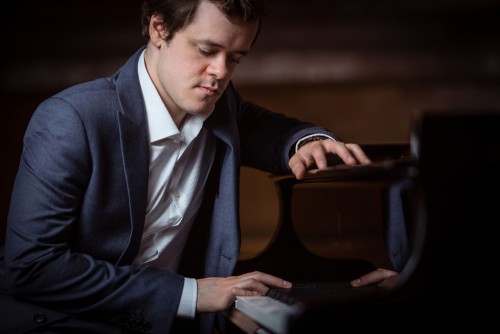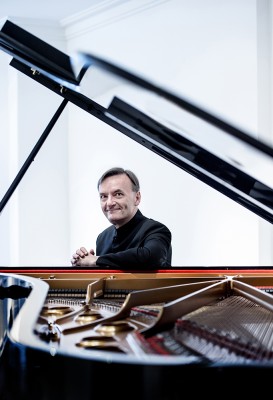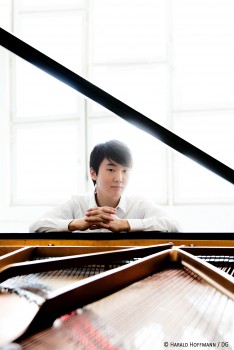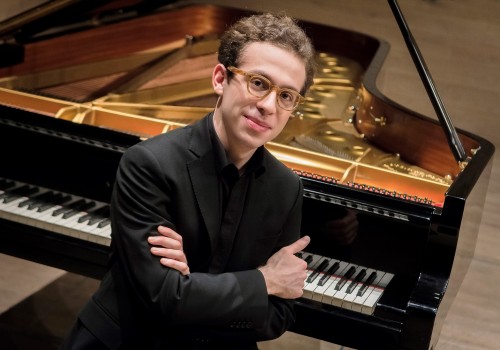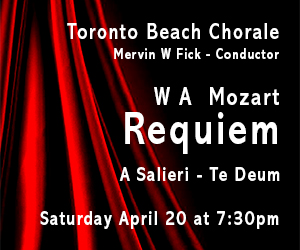The Cruellest Month: A Portrait of April 2020 as It Might Have Been
Art of Time Ensemble was to have presented “S’Wonderful,” their Gershwin brothers’ tribute at the beginning of April and “Dance to the Abyss,” with music by Kurt Weill (and lyrics by Bertold Brecht), Schulhoff, Spoliansky et al, early in May, both already cancelled. To ease the pain, artistic director Andrew Burashko has created “The Self-Isolation Playlist” on Soundcloud, inviting everyone to listen, and saying this:
This song list is a desire to share with you some of the music we’ve made over the years - a kind of offering at a time when everything is being taken away. Suddenly, having more time than I know what to do with - trying to distract myself from the fear and madness outside my window, I’ve been digging through recordings of past concerts - some not heard in years, and reflecting on the immense privilege I have had of making music with such remarkable people/musicians. I hope you will enjoy it.
If you’re reading this online, go to: soundcloud.com/user-185119516/sets/the-self-isolation-playlist, where you can hear Art of Time’s take on nine songs by the likes of Charles Aznavour, Jacques Brel, Gilles Vigneault, Charles Trenet and Robert Charlebois.


